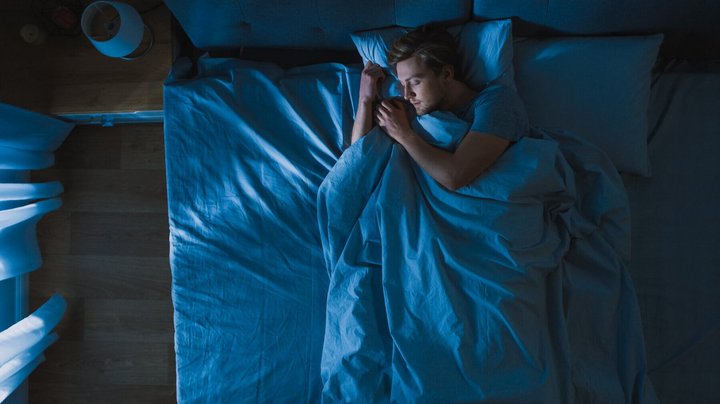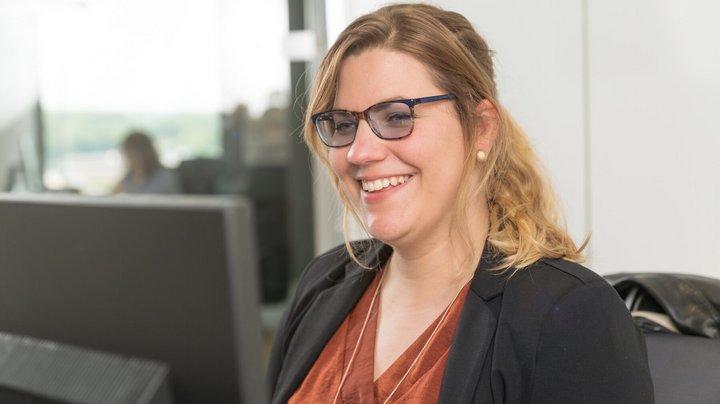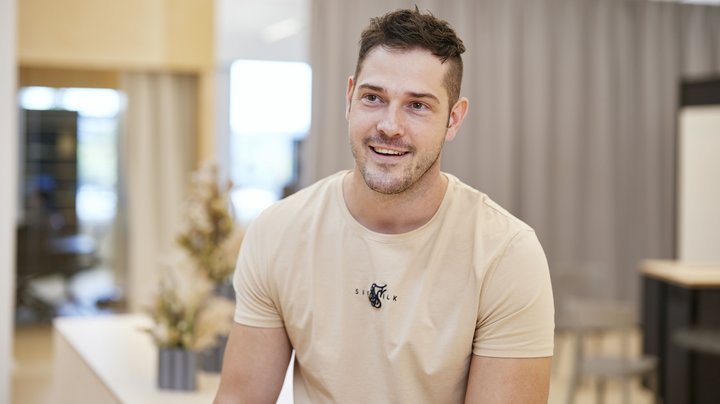Where does this lead to the realm of dreams?
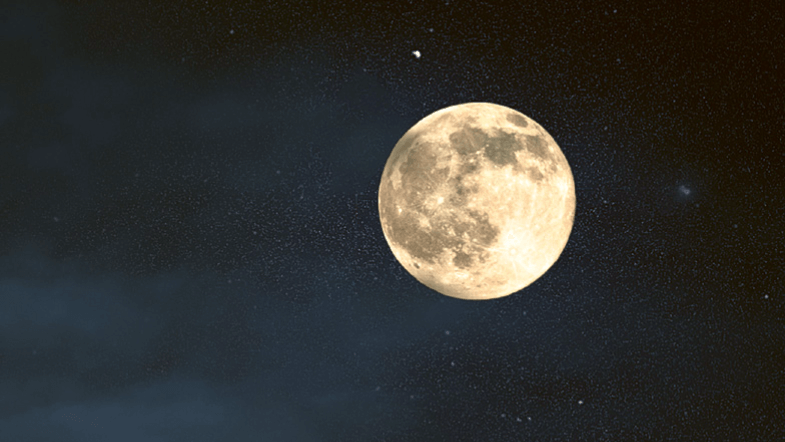
The following information comes from a prevention program of the Swiss Accident Insurance SUVA, which Implenia has implemented throughout Switzerland from March to May 2023. For further information, please contact Silvia Günter, Occupational Health Management.
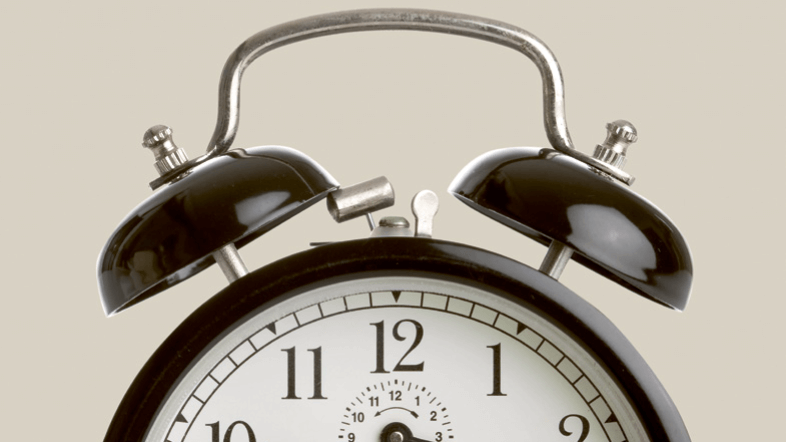
People need different amounts of sleep
How much sleep a person needs varies greatly. Everyone has to find out for himself or herself how much sleep makes him or her feel good and productive. The best way to find out is during two weeks of vacation without an alarm clock. Seven hours of sleep plus/minus two hours is perfectly fine.
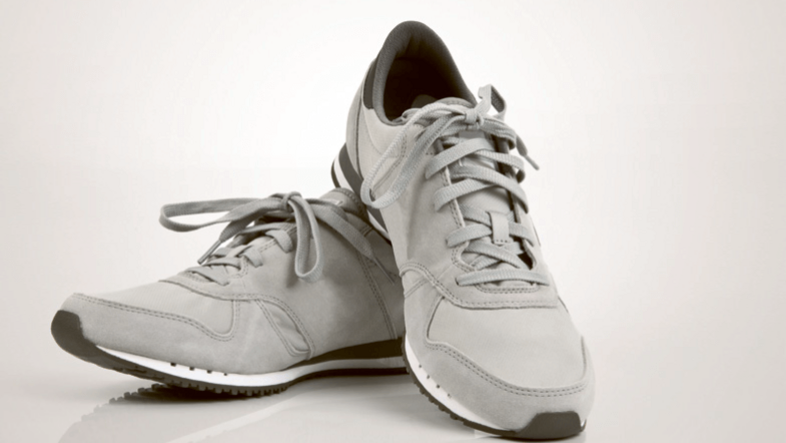
Sport yes, but not too late in the evening
Exercise and sport help us sleep better. However, after intensive sports, you should allow enough time to recover and not go to bed immediately. Exercising in the fresh air and in daylight additionally supports good sleep. A short evening walk can also be helpful. Alcohol worsens the quality of sleep.
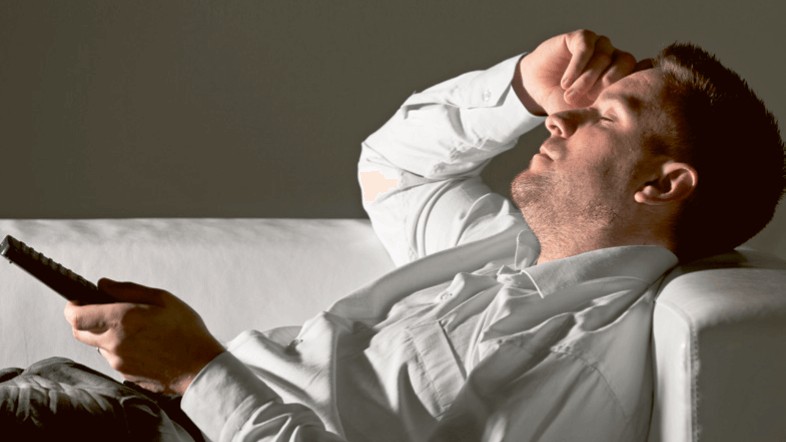
No solution: the TV sleep!
In front of the TV, you often nod off exhausted and then wake up again in the middle of the night. The high blue content of TV light lowers melatonin levels and makes it harder to sleep. Anyone prone to sleep problems should turn off TVs, smartphones, cell phones or tablets an hour before bedtime. Calming rituals before bedtime (e.g. listening to music, relaxation exercises, etc.) help you fall asleep better.

Go to bed without a cell phone!
It has been proven that electrical devices change the frequency of brain waves during sleep. Whether this leads to poorer sleep has not been proven. However, as a precautionary measure, sleep researchers advise people to do without electronic devices in the bedroom. Not because of concerns about electrosmog, but because they are sleep robbers anyway.
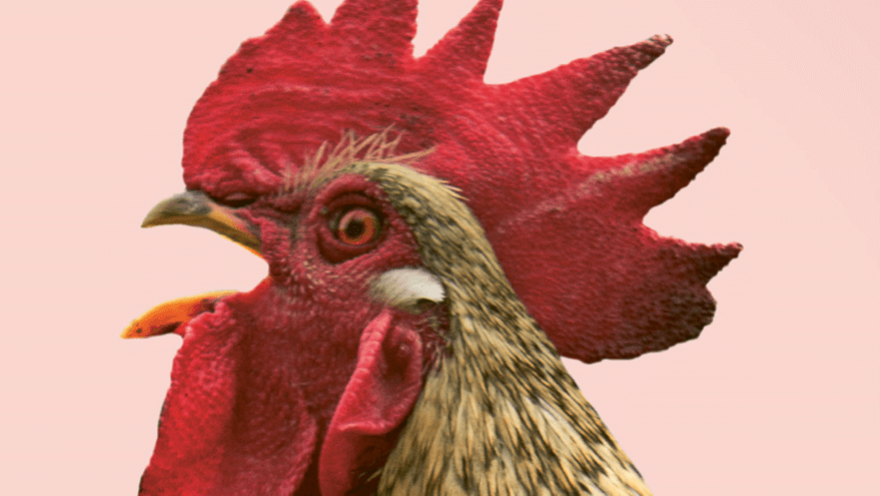
When you should sleep depends on your sleep type
When is the best time to go to bed depends on your chronotype. "Larks" get tired early and also get up early. They feel especially fit at daybreak. "Owls," on the other hand, are productive for a long time in the evening, but tend to be tired in the morning. The best sleep can develop when the sleep-wake rhythm is kept as constant as possible.
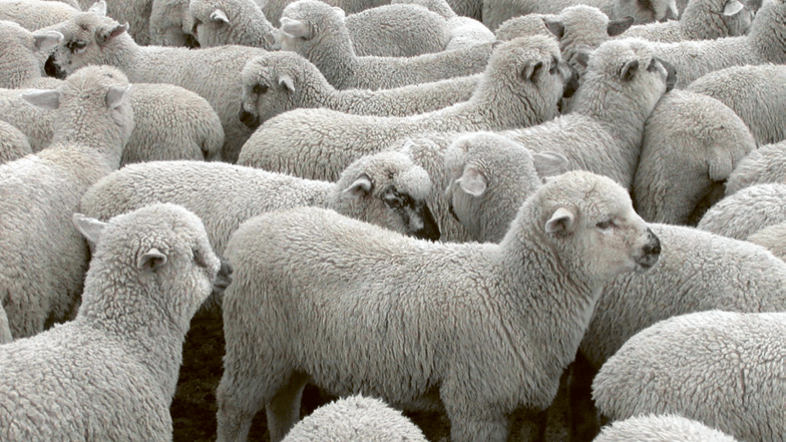
Midday naps only in individual cases
Midday naps are good when sleep is problem-free or in individual cases. If sleep problems persist, naps should be avoided. The nap reduces sleep pressure in the evening, which can exacerbate sleep problems.
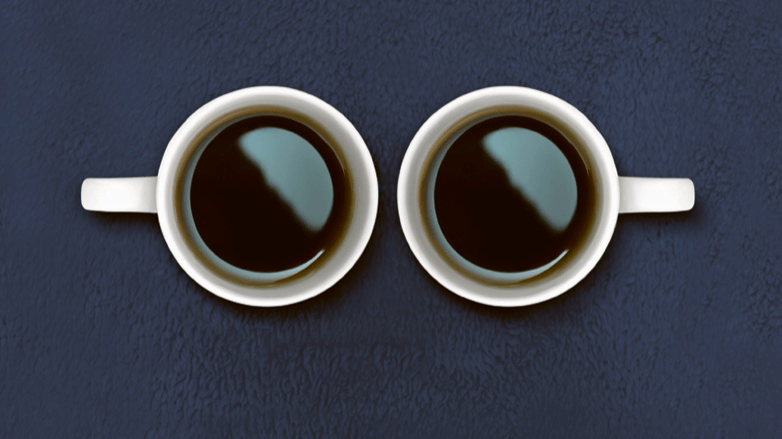
Caffeine robs some people of their sleep
Caffeine sensitivity varies from person to person. Anyone who suffers from sleep problems should try to avoid caffeinated beverages such as cola, black tea or coffee for a while.
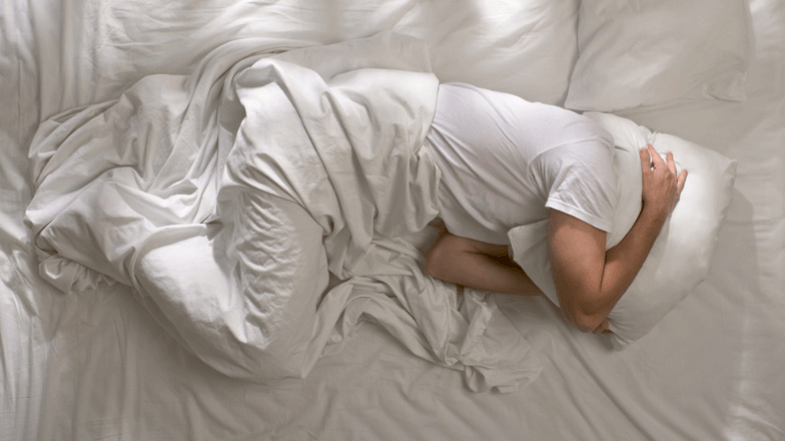
Rolling around in bed does no good
If you can't sleep at night and find lying awake uncomfortable or distressing, it's better to get up and do something quiet elsewhere (e.g. listen to music or read). However, bright light should be avoided. On the other hand, those who can remain relaxed despite insomnia can stay in bed and enjoy the rest.
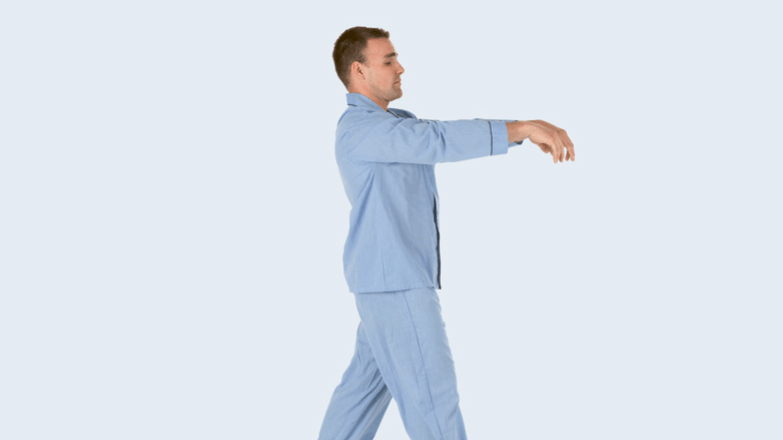
Good sleep hygiene often helps
Professional support is important for sleep disorders that require treatment. Sleep disorders can be managed with the help of good sleep hygiene. Adhering to simple rules of behavior can help you sleep better. Sleeping pills may help you fall asleep, but they worsen the quality of sleep and can have various side effects.
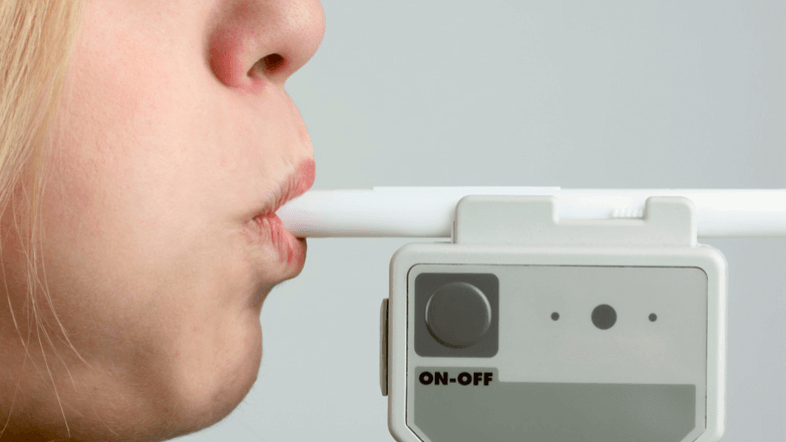
Lack of sleep has the same effect as alcohol
Studies show that even a moderate lack of sleep brings higher performance losses than an alcohol level of 0.5 ‰ in the blood. Anyone who gets up at 6 a.m. and drives home at 11 p.m. already reaches this level. Chronic sleep deprivation is also dangerous.
17 hours of sustained wakefulness equals 0.5 ‰ blood alcohol content.
21 hours of sustained wakefulness equals 0.8 ‰ blood alcohol content.
24-25 hours of sustained wakefulness equals 1.0 ‰ blood alcohol content.
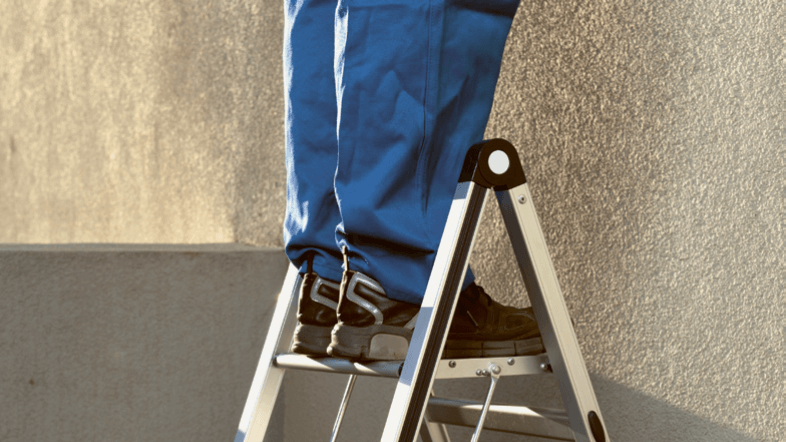
Sleep problems lead to accidents
People with sleep problems, i.e., poor sleep quality, too short a sleep duration or daytime sleepiness, are almost twice as likely to have occupational and recreational accidents. Sleep problems are especially likely to play a role in trip-and-fall accidents.
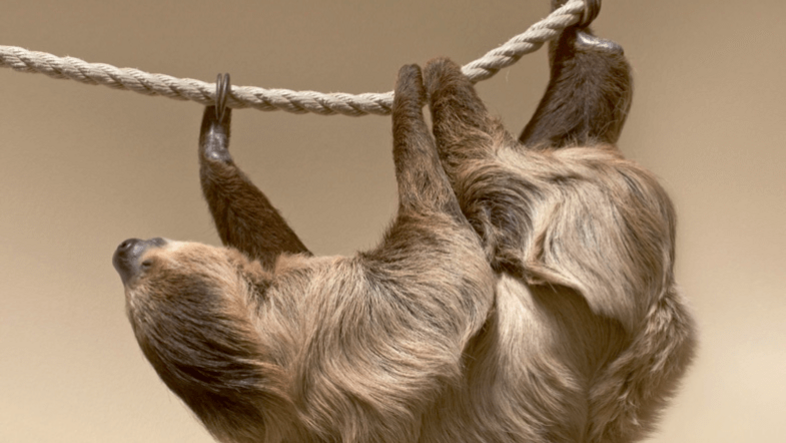
Caffeine and turbo sleep help with daytime sleepiness.
To feel fit, restful sleep is important. Exercise or caffeine can help with fatigue, while only sleep helps with sleepiness. In case of sleepiness during the day, even a turbo sleep of maximum 15 minutes can be so refreshing that you feel fit and efficient again. The effect of turbo sleep is intensified if a drink containing caffeine is consumed beforehand.

